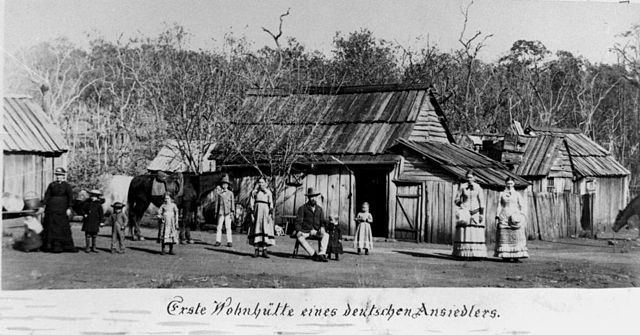Barack Obama has been a terrible president for immigrants. He has been deporting people at record rates. He seems to exploit the issue politically in the most cynical way. What he says about immigration isn’t too bad, however. Here’s his speech today:
PRESIDENT BARACK OBAMA: Good afternoon, everybody.
This morning, Secretary Napolitano announced new actions my administration will take to mend our nation’s immigration policy, to make it more fair, more efficient and more just, specifically for certain young people sometimes called DREAMers.
Now, these are young people who study in our schools, they play in our neighborhoods, they’re friends with our kids, they pledge allegiance to our flag. They are Americans in their heart, in their minds, in every single way but one: on paper. They were brought to this country by their parents, sometimes even as infants, and often have no idea that they’re undocumented until they apply for a job or a driver’s license or a college scholarship.
Put yourself in their shoes. Imagine you’ve done everything right your entire life, studied hard, worked hard, maybe even graduated at the top of your class, only to suddenly face the threat of deportation to a country that you know nothing about, with a language that you may not even speak.
Exactly. Of course, one may ask why these particular details are so important. Yes, it’s absurd to deport someone to a country they know nothing about, but it’s almost as bad to deport them to a country they had good reasons– economic hopelessness, political oppression, etc.– for wanting to leave. Yes, DREAMers have friends, have pledged allegiance to the flag, may have worked hard– but plenty of non-DREAMer illegal immigrants also have friends here, have worked (very) hard, and would be glad to take an oath of allegiance if we’d let them. Still, the DREAMers are a kind of wedge in the door, morally speaking. Continue reading Obama Promises a Reprieve for DREAMers

